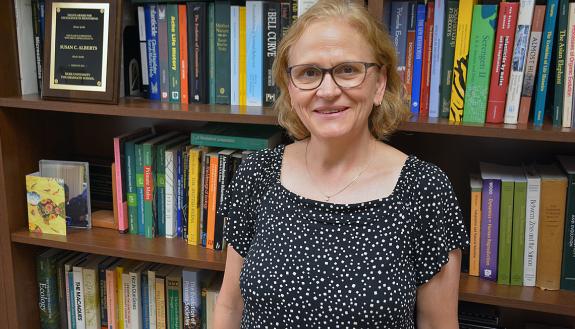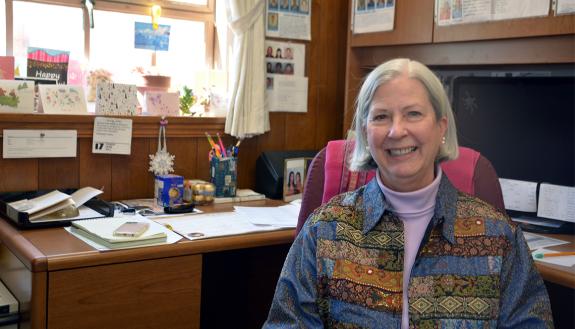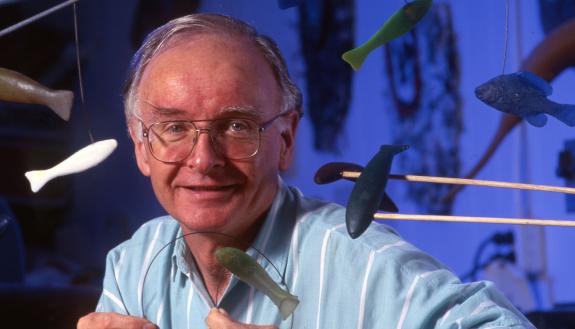
Biology


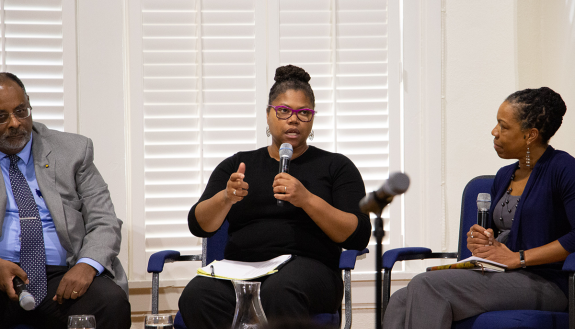
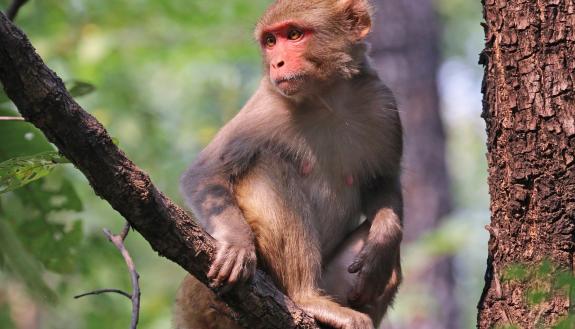
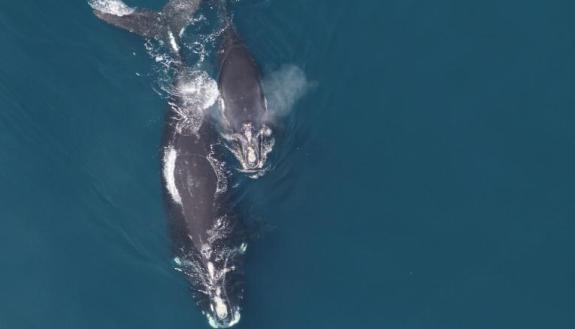
October 10, 2019
The Whale Whisperers: How Moms Talk to Calves Without Alerting Predators
Read on Nicholas School of the Environment
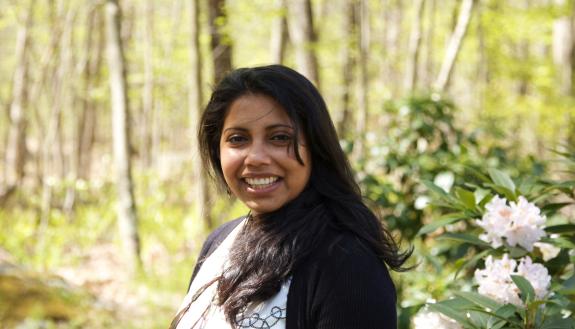

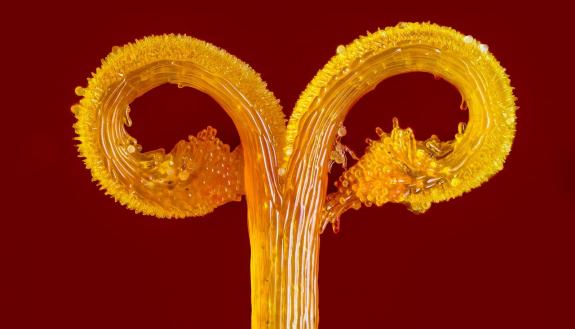
September 26, 2019
Close Views of Science and Nature, Combined With Magic Light
Read on Duke Research Blog
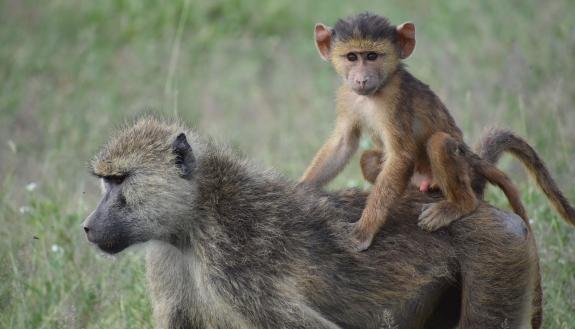
September 24, 2019
For Baboons, a Mother's History of Hardship Can Have Lasting Effects on Her Kids Too
Read
